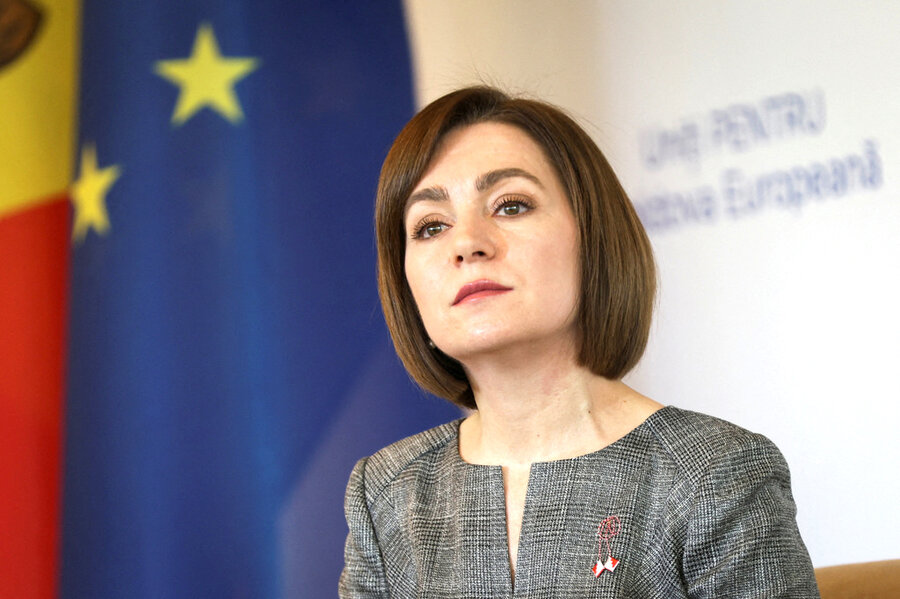Victories against Russia – outside Ukraine
Loading...
For Ukraine, military victories against Russia have become harder to achieve since the 2022 invasion. Yet that is not the case on a less visible front against other types of Russian aggression – in nearby countries that also have a minority of Russian speakers.
From the Baltics to Central Asia, former Soviet states are seen by President Vladimir Putin as part of “the Russian world,” with supposedly a distinct civilizational identity that justifies Moscow’s meddling. Here are some recent victories by such countries as they choose an identity based on universal ideals, such as equality and freedom:
On Thursday, European Union leaders gave a thumbs-up to opening formal talks with Bosnia-Herzegovina on joining the 27-member EU and embracing its values. The offer was a major step toward preventing the kind of ethnic violence that engulfed southeast Europe in the 1990s after the Cold War – and that the world now sees in Ukraine.
Also on Thursday, Moldova’s Parliament agreed to press toward membership in the EU, saying integration with the bloc is now the country’s “top priority.” The government plans a referendum later this year to gauge public support. Polls indicate it would win. As a neighbor of Ukraine with a sizable number of Russian speakers, Moldova has endured intense pressure from Moscow not to make the reforms necessary to join the EU, such as an independent judiciary.
In early March, Armenia hinted it was ready to distance itself from Moscow’s influence and embrace the EU. “Many new opportunities are largely being discussed in Armenia nowadays and it will not be a secret if I say that includes membership in the European Union,” Armenian Foreign Minister Ararat Mirzoyan told Turkey’s TRT news channel.
Russia’s invasion of Ukraine – the largest land war in Europe since 1945 – has pushed the EU to overcome a reluctance to enlarge its membership. The EU is offering more “carrots” for nations to join and allowing candidate countries to enjoy some benefits of membership, such as visa-free travel within the bloc, as they make reforms.
Set up to suppress the kind of ethnic nationalism behind Europe’s 20th-century wars, the EU again sees a need to ensure peace based on universal ideals of democracy that embrace all ethnicities, religions, and races. The war in Ukraine isn’t the only battlefield to watch for progress these days.







